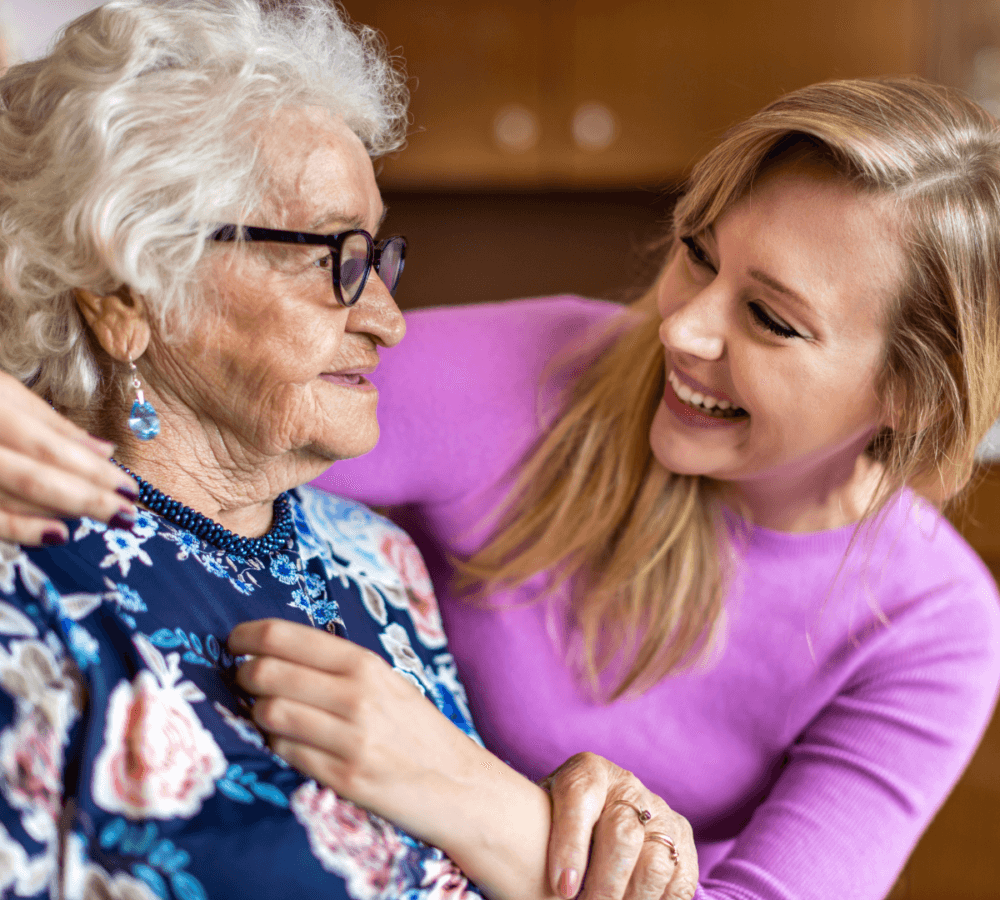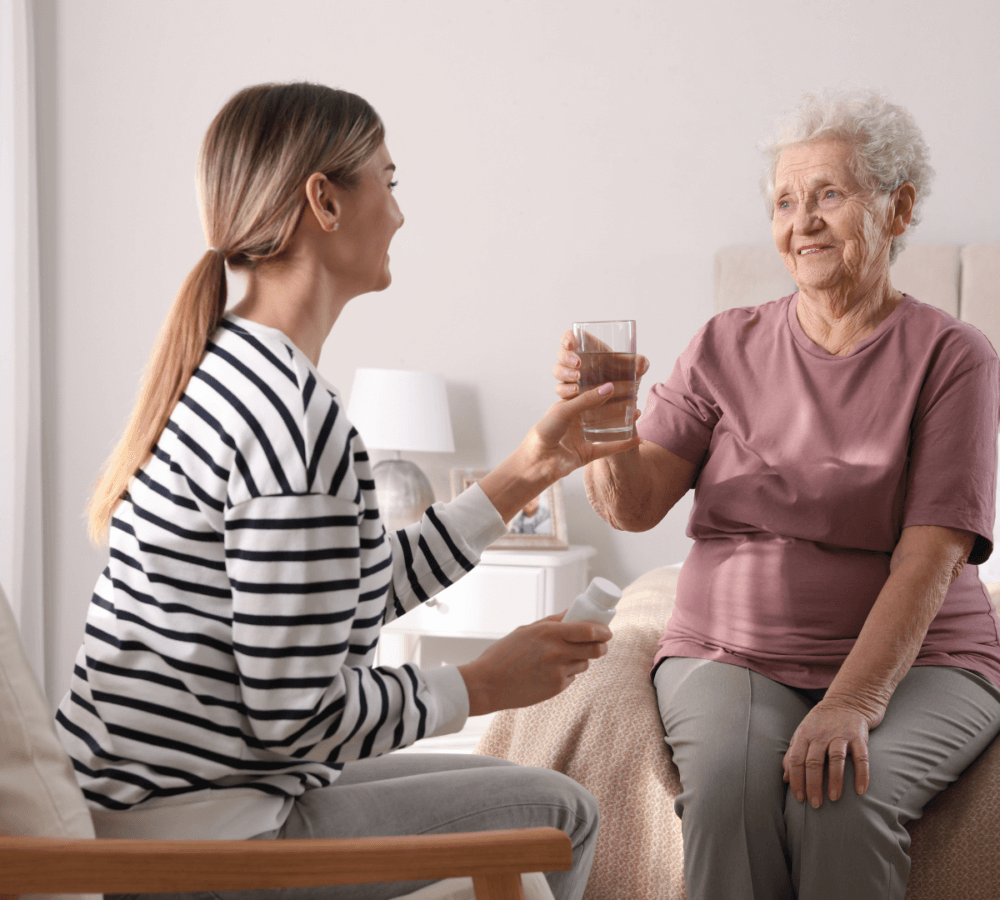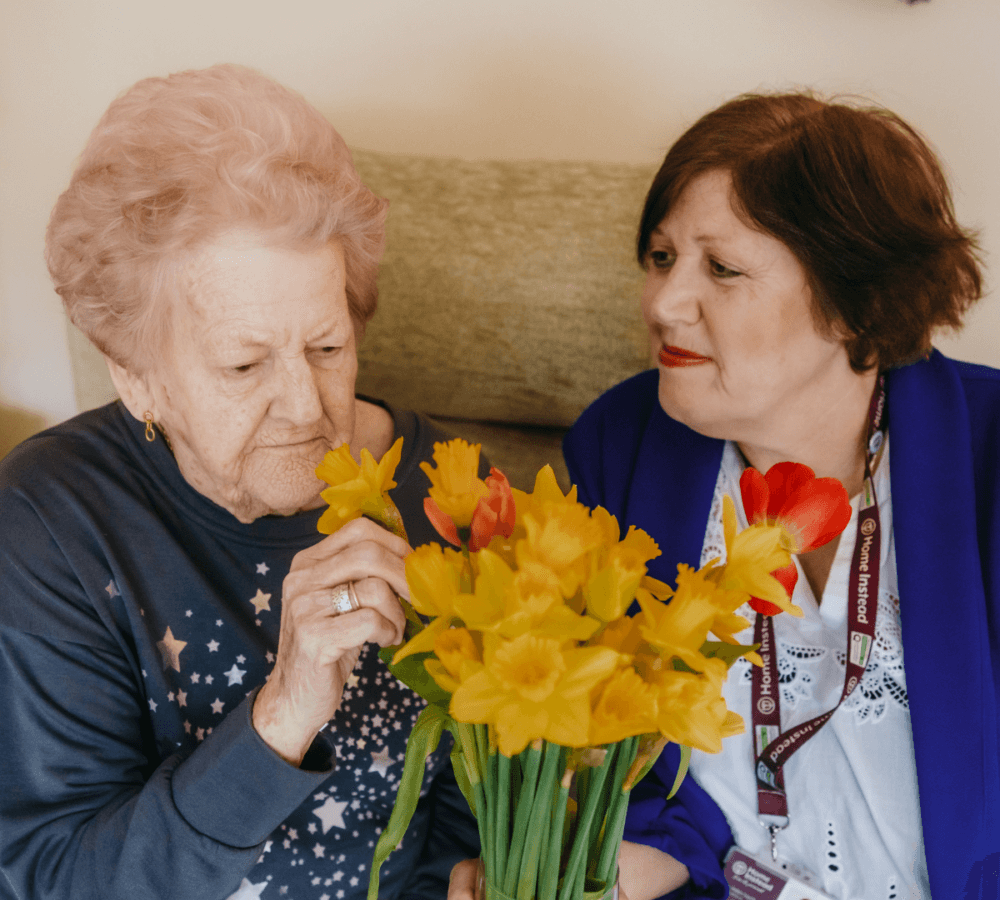Critical Factors Families Should Consider: Personal Assistants vs Care Professionals

When faced with the decision of caring for an ageing loved one, families are often torn between hiring a Personal Assistant (PA) or a professional carer through a home care provider such as Home Instead in Folkestone. While both roles provide valuable support, there are key differences in their skill set, responsibilities, and oversight that families need to consider before making a choice. At Home Instead, we understand the weight of this decision and aim to guide you through the critical factors that could influence your choice.
Training and Skill Level
Personal Assistants
Personal Assistants often enter the field with varying degrees of relevant experience. Some may have a natural knack for caregiving but lack formal training, while others might have limited care experience but are quick learners. Training for PAs is usually on-the-job, and they often handle a wide variety of tasks such as light housekeeping, running errands, and companionship.
Care Professionals
Care Professionals, on the other hand, undergo rigorous training and often possess certifications in healthcare. At Home Instead, for example, our Care Professionals receive extensive instruction in essential caregiving skills, dementia care, moving and handling and safety protocols. Their training equips them to manage more complex healthcare needs, including medication management and mobility assistance.

Flexibility vs Specialisation
Personal Assistants
Personal Assistants are generally more versatile when it comes to performing miscellaneous tasks. They often act as a ‘jack-of-all-trades,’ providing services that range from cleaning and cooking to basic caregiving.
Care Professionals
Care Professionals are more specialised, focusing on health and wellbeing. They are trained to follow care plans meticulously and can adapt to evolving health conditions. They’re the better option for families whose loved ones have complex health issues that require more than just basic care.

Oversight and Accountability
Personal Assistants
Personal Assistants usually work independently, reporting directly to the family or the individual they are caring for. While this can provide a high degree of flexibility, it also means there’s less professional oversight.
Care Professionals
Care Professionals typically work under a healthcare organisation, like Home Instead, which has a structured framework for quality assurance, ongoing training, and professional oversight. This ensures a higher level of accountability and provides families with peace of mind.

One-on-One Time
Both Personal Assistants and Care Professionals offer one-on-one time with the individual they are caring for. However, organisations like Home Instead emphasise a minimum of one-hour visits, allowing Care Professionals to offer more unhurried, focused attention than what you may find elsewhere.

Cost Considerations
Finally, families need to evaluate their financial circumstances. Personal Assistants are generally cheaper but may require families to manage employment taxes and benefits separately. Care Professionals, while more expensive, come with the added value of ongoing training, backup support, and insurance coverage through the healthcare organisation they are associated with.
